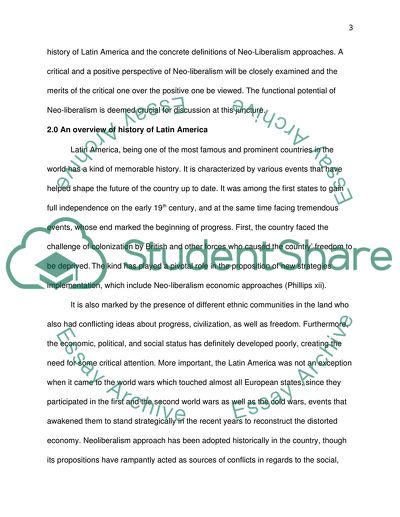Cite this document
(History of Latin America: Neo-Liberalism Term Paper - 1, n.d.)
History of Latin America: Neo-Liberalism Term Paper - 1. Retrieved from https://studentshare.org/history/1752109-history-of-latin-america-neo-liberalism
History of Latin America: Neo-Liberalism Term Paper - 1. Retrieved from https://studentshare.org/history/1752109-history-of-latin-america-neo-liberalism
(History of Latin America: Neo-Liberalism Term Paper - 1)
History of Latin America: Neo-Liberalism Term Paper - 1. https://studentshare.org/history/1752109-history-of-latin-america-neo-liberalism.
History of Latin America: Neo-Liberalism Term Paper - 1. https://studentshare.org/history/1752109-history-of-latin-america-neo-liberalism.
“History of Latin America: Neo-Liberalism Term Paper - 1”, n.d. https://studentshare.org/history/1752109-history-of-latin-america-neo-liberalism.


